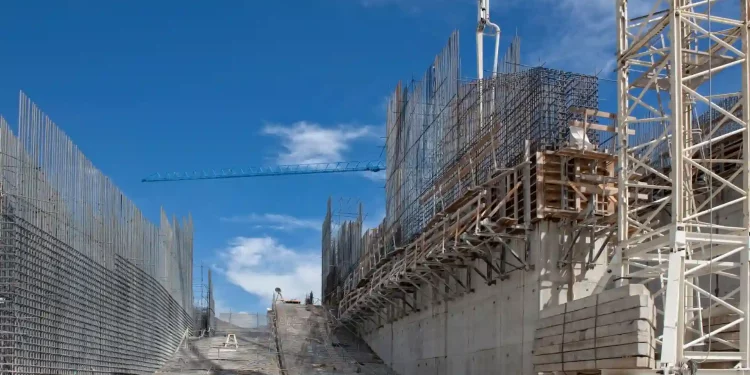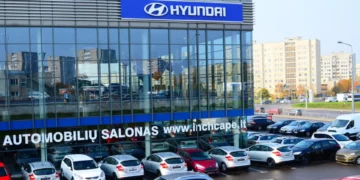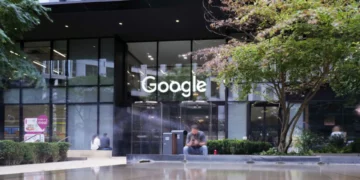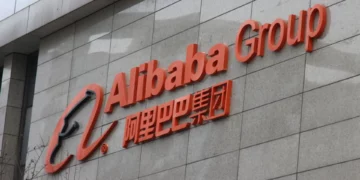Ethiopia looks forward to the project’s completion since it would help produce 6,500 megawatts of electricity, powering up many homes.
The Grand Ethiopian Renaissance Dam (GERD) project is a colossal hydroelectric power project located on the Nile River in Ethiopia. The GERD project has an estimated cost of $4 billion. Since construction began in 2011, the project has been controversial, with neighboring countries expressing concerns that the dam could reduce water flow in the Nile River, causing water scarcity, which is a crucial problem in a region riddled with droughts and negative effects of climate change.
Egypt and Sudan in particular, have been vocal critics of the project, as both countries heavily rely on the Nile for their water supplies. Ethiopia, however, has continued with the project, and Ethiopia’s Office of National Coordination announced that the dam is 90% complete. The project is important to Ethiopia as it expects the dam to generate up to 6,500 megawatts of electricity and double the country’s annual national electricity output.
Despite concerns raised by Egypt and Sudan, Sudan has recently expressed support for the project, hoping that the dam will help regulate annual floods. It draws two-thirds of its water supplies from the Nile River and suffers regularly from massive flooding during monsoons, so this change in the stance seems sound and calculated.
In contrast, Egypt remains critical of the project, maintaining that the GERD could jeopardize its water supply. Around 97% of Egypt’s population lives along the Nile and depends on it as a source of freshwater. The country’s criticism of the project is also partly due to a deep-lying emotional aspect, seeing how the Nile River has always been considered Egypt’s lifeline.
Egypt has even warned that “all options are open, all alternatives remain available” in the context of the GERD’s upcoming completion, which is closely being followed by Egypt. However, experts now tend to rule out a military conflict between Egypt and Ethiopia over the GERD, as an attack on the dam at this point would result in massive flooding of Sudan’s Blue Nile River, which Egypt is unlikely to pursue since Egypt and Sudan are regional allies. There is also the issue of Egypt lacking the economic resources or geopolitical backing to launch a militarized offensive. There is also no guarantee that this would resolve the conflict and its water situation.
This warning came even though Egypt has found a solution to counterbalance the loss of water caused by the filling of the GERD water reservoir.
Researchers have suggested political and scientific solutions to settle the situation despite the political tensions. Some researchers propose setting up a data-sharing agreement with Ethiopia to manage the water flows from the dam, including guaranteed water releases during times of drought. Others suggest operating Egypt’s Aswan High Dam and Ethiopia’s GERD together for mutual benefit. However, Ethiopia has constantly rejected such options and other forms of political agreements as well.
It remains to be seen if any agreement will be reached by the time of the dam’s completion in 2024 or 2025, which is largely dependent on the amount of rainfall during monsoon.
The GERD project is an example of the extent to which national modernization projects and environmental dependencies are reinforced by the constant threat of climate change, according to Tobias Zumbrägel, a researcher focused on the impact of climate change on the Middle East at Germany’s University of Heidelberg. He added that “an entire region is under threat of becoming more destabilized.”
Finally, there are geopolitical implications for the GERD project, with Saudi Arabia and the Gulf countries willing to back Egypt in demanding sufficient water supply from Ethiopia. Additionally, Egypt has accused Israel of working against its interests when it comes to the GERD, despite their solid bilateral relations, while Israel and Ethiopia have close diplomatic ties.

















